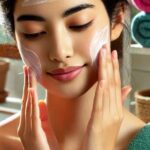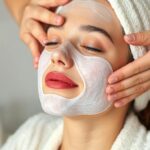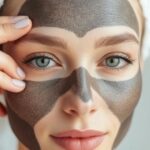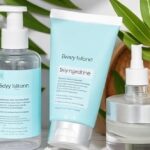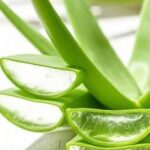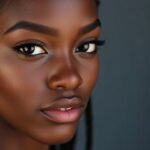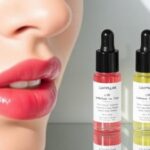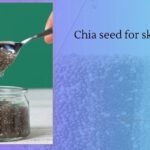moisturizing and why it’s good for your skin. Talk about how moisturizers keep your skin hydrated, soft, and looking good. You can say the best natural moisturizer for face is made from plant-based or naturally derived ingredients instead of synthetic products filled with chemicals.
i must Say in this you’ll be exploring the benefits of natural moisturizers, suitable ingredients, and some easy-to-follow DIY recipes for glowing healthy skin.
I have discovered some natural moisturizers, suitable ingredients, with benefits and some easy DIY collagen for your glowing and healthy skin.
2. Skin Moisturization

Explanation:
How moisturization works for the skin.
The outer layer of the skin needs water and oils to stay hydrated and protected from environmental stressors. A natural moisturizer for the face refill, lost moisture and prevents dryness so the skin stays soft and young.
the skin’s moisture barrier and how natural moisturizers can repair and maintain it, especially for those with dry, sensitive, or dehydrated skin.
3. Natural Moisturizers
Explanation: Here are the benefits of choosing a natural moisturizer for your face over commercial products:
Gentle on skin: No harsh chemicals, parabens fragrances to irritate sensitive skin.
Nutrient-dense: Many natural moisturizers are packed with vitamins (Vitamin E and A), antioxidants, and fatty acids to nourish and regenerate skin.
Eco-friendly: Natural moisturizers are sourced from sustainable sources.
Hypoallergenic: With fewer chemicals, they are better for sensitive or allergy-prone skin.
4. Natural Moisturizing Ingredients
Explanation: Here are common natural ingredients used in moisturizers and their skin benefits. This section explains how different natural moisturizers for the face can address specific skin concerns:
Aloe Vera: Calms irritated skin and hydrates deeply, good for dry and sensitive skin.
Coconut Oil: Naturally rich in fatty acids, hydrates deeply, and is good for dry rough skin.
Honey: Humectant properties draw moisture into the skin and keep skin soft and smooth.
Shea Butter: Rich creamy butter with vitamins that nourishes and restores skin elasticity.
Jojoba Oil: Similar to skin’s natural sebum, balances hydration without clogging pores, good for oily or combination skin.
Argan Oil: Packed with Vitamin E, hydrates and fights signs of aging (wrinkles and fine lines).
Olive Oil: Antioxidant that moisturizes and smoothens skin.
Avocado Oil: Full of vitamins and fatty acids, it’s ideal for repairing damaged skin and preventing moisture loss.
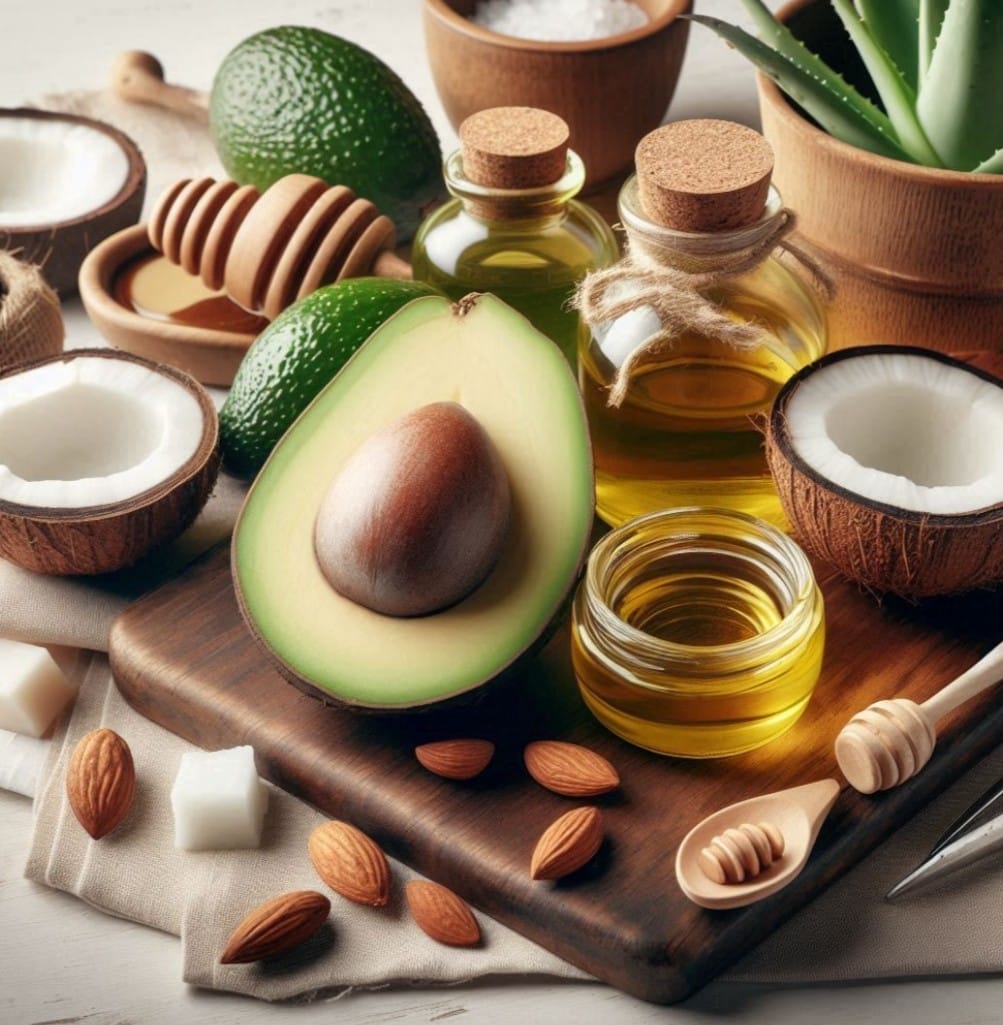
How to Choose the Best Natural Moisturizer for Your Skin Type
Selecting a natural moisturizer for face might be as exhaustive as determining possible formulations for general skin. However, in this write-up, I am sharing a guide on how to understand your skin type and choose the most suitable ingredients:
Oily Skin: It is good to choose lighter moisturizers (non-comedogenic) such as jojoba oil or aloe vera. These hydrate without creating oil build-up.
Dry Skin: Rich oils and butter such as coconut oil, shea butter, or avocado oil prove perfect to provide confident, deep hydration in the dryness of the skin.
Sensitive Skin: Milder, soothing ingredients such as aloe vera, chamomile, or calendula oil should be chosen and they are safe to be applied without causing allergic reactions.
Combination Skin: Peeping in on factors such as equal balance honey and light oils which hydrate without clogging certain areas of the facial skin work best.
DIY Natural Moisturizer Recipes
The powerful DIY recipes with natural ingredients for creating a natural moisturizer for face. Most importantly, it would empower them to make their own skincare products.
Aloe Vera & Honey Moisturizer:
Mix aloe vera gel with some honey for a very hydrating and soothing face cream.
Coconut Oil & Shea Butter Cream:
Melt together coconut oil and shea butter and add a few drops of erosion oil. Let the mixture become solid again, forming a rich balm for very dry skin.
Hydrating Jojoba & Lavender Oil Serum:
Combine jojoba oil with lavender oil, to create a light serum, which works perfectly on oily skin.
Avocado & Olive Oil Balm:
Mash avocado with olive oil and apply for a nourishing balm for extra hydration.
Rose Water & Glycerin Mist: Combine rose water and glycerin for a refreshing face mist that hydrates and balances skin.
How to Apply Natural Moisturizer for Maximum Effectiveness
- Give suggestions as to how to apply the best natural moisturizer for face:
- First cleanse: Cleanse the face to remove dirt and oil before applying moisturizer.
- Apply to damp skin: Apply the natural moisturizer on damp skin to lock in moisture.
- Gentle massage: Work the moisturizer into the skin in gentle, circular motions for better absorption and circulation.
- Consistency: Suggest regular application of natural moisturizer—both morning and night—for unaffected hydration and improved skin conditions.
- Sunscreen: Remind that, during the day, simply moisturizing isn’t enough—sunblock is a skin protector against sun damage.
Common Mistakes to Avoid When Using Natural Moisturizers
Give suggestions as to how to apply the best natural moisturizer for the face:
- First cleanse: Cleanse the face to remove dirt and oil before applying moisturizer.
- Apply to damp skin: Apply the natural moisturizer on damp skin to lock in moisture.
- Gentle massage: Work the moisturizer into the skin in gentle, circular motions for better absorption and circulation.
- Consistency: Suggest regular application of natural moisturizer—both morning and night—for unaffected hydration and improved skin conditions.
- Sunscreen: Remind that, during the day, simply moisturizing isn’t enough—sunblock is a skin protector against sun damage.

